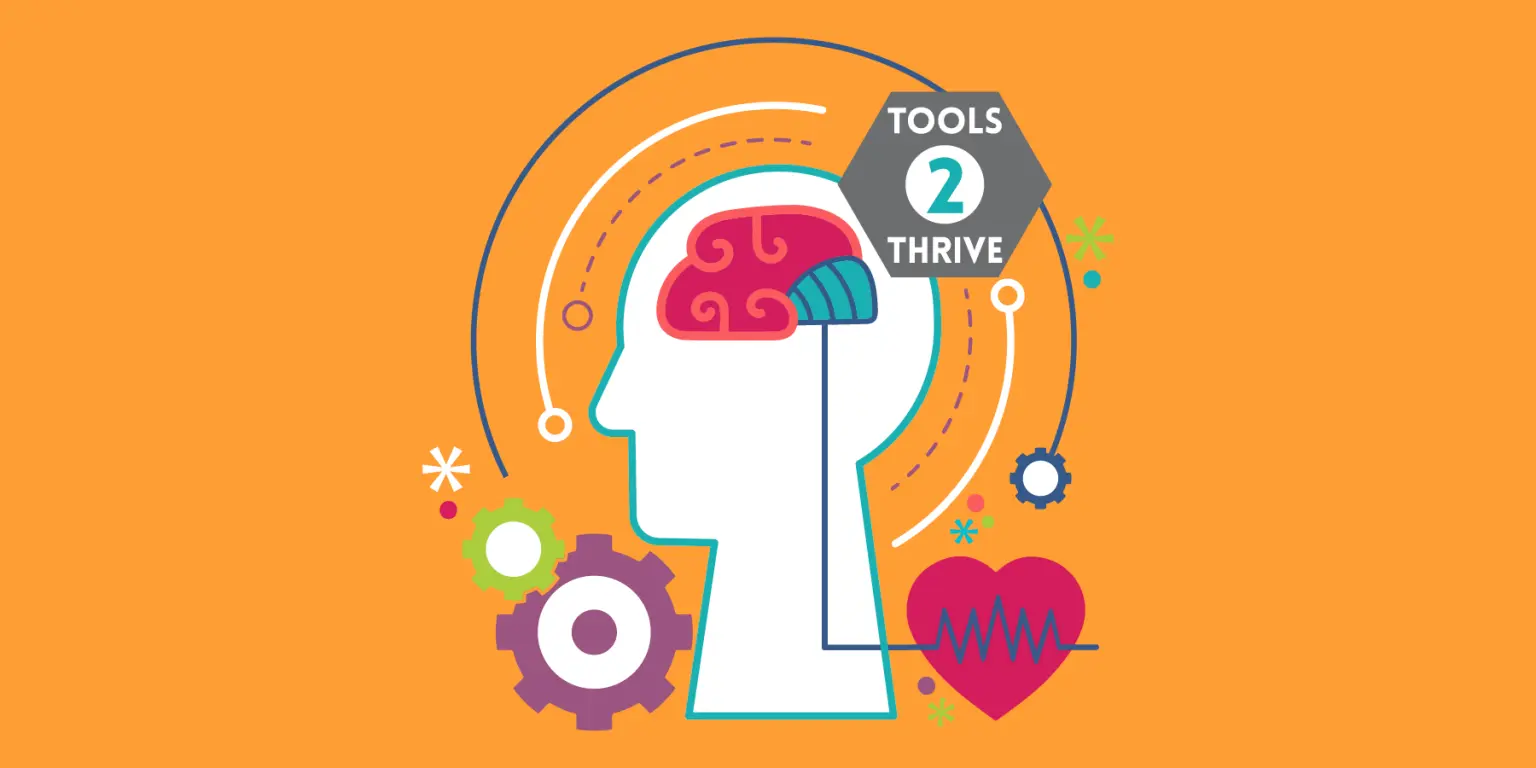Men’s Health
Plan now to prepare for the life you want.
Your health is like a car; it should be used mindfully and maintained regularly. Start by making healthy lifestyle choices. The impact might be greater than you’ll ever know.
It’s your life, your plan.
What are your future goals? It’s important to consider your choices when planning for your future. This includes if and when you want to have children. Being your healthiest self both mentally and physically is key.
Create your life plan today and take the first step towards your best future.
You hear so much about sex. But how much of what you hear is real?
Check out these common sex myths for the truth about sex.
Reality — Drinking and drugs may take away your fears or shyness, but sex under the influence can lead to taking risks like unprotected sex.
Reality — A woman can get pregnant the first or 100th time she’s had sex. If a woman is in the fertile time of her cycle
Reality — Once in the vagina, sperm can remain in the female reproductive tract for more than three days. So, even if the last time you had sex was three days ago, a woman could still get pregnant. Any time a woman has sex, there’s a chance she can get pregnant. Always use protection.
Reality — Plastic wrap and baggies are great for food storage, but do not prevent pregnancy during sex or decrease the risk of contracting an STD. Condoms are made and tested to provide a good fit and protection during sex.
When used correctly, condoms are up to 98% effective at preventing pregnancy.
Don’t let these or other sex myths fool you.
You can get free condoms. Use them if you don’t want children or an STD/STI.
Get Healthy. Stay Healthy.
Healthy living is a choice a man can make every day. For men, many of the leading causes of death are preventable. Let’s thrive and live a longer, healthier life. These are a few lifestyle choices that can help you take charge of your health.
Don’t smoke.
If you do smoke or use other tobacco products, ask your doctor to help you quit or reach out to the Delaware Tobacco Prevention and Control Program.
Eat a healthy diet.
Choose fruits, vegetables, and whole grains, along with lean sources of protein, such as fish. Limit foods high in trans fats and added sugar or sodium, like fast food.
Get moving.
We’ve learned a person’s weight is an important factor in their overall health today and in the future.
Obesity in adults increases the risk of developing health conditions later on in their life such heart disease, diabetes, joint problems, and breathing problems.
To get the most health benefits of physical activity, adults need:
At least 2-1/2 hours to 5 hours a week of moderate-intensity aerobic activity such as brisk walking or fast dancing. Aerobic activity should be performed in episodes of at least 10 minutes and should be spread throughout the week. Muscle-strengthening activities (resistance activities) like lifting weights or doing push-ups at least 2 days a week. All major muscle groups such as the legs, hips, back, abdomen, chest, shoulders, and arms should be worked.
Evidence from Health.gov
shows that physical activity has immediate health benefits. For example, physical activity can reduce anxiety and blood pressure and improve quality of sleep and insulin sensitivity. For older adults, physical activity also lowers the risk of falls and injuries from falls. Limit alcohol.
If you choose to drink, do it in moderation. That means up to two drinks a day. Too much alcohol can increase your risk of high blood pressure, heart attack, stroke, and possibly cancer.
Don’t misuse drugs.
If you or someone you care about is struggling with addiction, you are not alone. Help is available to you
, regardless of insurance, from specially trained substance use disorder providers you can trust. Manage stress.
Stress can affect your overall health. Find ways to manage stress by making time for yourself. Going for hikes, participating in a hobby, exercise, meditation, and talking through issues are all great ways to reduce and manage stress.
Looking for ways to take care of your smile?
Our Healthy Smiles program can help.

Visit Your Health Care Provider Regularly.
Get your yearly health check-up. Go see your health care provider any time you are concerned or have symptoms you want checked out. Your health care provider can be your best ally for men’s health education and disease prevention. This is how you live a happy, healthy life!
Don’t wait until something is seriously wrong to go to the doctor.
Ask your doctor about preventive care such as cancer screenings, vaccinations
If you have sores, pain, drainage, or other changes in the genital area, contact your health care provider to get it checked out. Some things that they may check out include:
Chlamydia: Chlamydia is the most common sexually transmitted disease in the United States. As many as one in four men have no symptoms. Sexual partners must also be treated to prevent passing the infection back and forth. Symptoms of chlamydia include painful urinating, discharge from the penis, testicular pain, and lower abdominal pain. Gonorrhea: Gonorrhea occurs most often in people with multiple sexual partners, especially between the ages of 19 and 25. The use of condoms protects against gonorrhea infection. Symptoms of gonorrhea include thick, cloudy, or bloody discharge from the penis, pain/burning when urinating, painful/swollen testicles, or painful bowel movements. Syphilis: Syphilis is passed from person to person through direct contact with syphilis sores. Sores occur mainly on the external genitals, vagina, anus, or in the rectum. They can also appear on the lips and in the mouth. HIV: HIV (human immunodeficiency virus) is the virus that causes AIDS. The virus is passed from one person to another through bodily fluids like blood and semen. HIV is a chronic life-threatening condition. Symptoms such as fever, headache, swollen lymph nodes, sore throat, and fatigue can appear. As time goes on, symptoms such as diarrhea, weight loss, cough, and fever may appear. Testicular Cancer: This is one of the most common cancers in men younger than 40. It occurs when cells in the testicles divide abnormally and form a tumor. Testicular cancer can spread to other parts of the body and is more easily curable when detected early. Inguinal Hernia: An inguinal hernia may look like a bulge or swelling in the groin area. It can be corrected with surgery.
If you are experiencing any of these symptoms or others, see your health care provider to have them addressed. More information can be found at CDC.gov
Kids cost money.
In the first year, you’ll spend about $10,000 on a baby.
If you’re not prepared for it, you’ll have to pull that money from other things you enjoy — for example, you might have to trade a night out for baby medicine. But an unintended pregnancy changes more than your spending habits. It changes your life.
Ready to create a plan? Check out our Man Up Plan Up program.
Man Up Plan UpDad Tips
Ready to be a dad?
Becoming a good father means eating right, exercising, going to the doctor regularly, and avoiding drugs, alcohol, and tobacco so that you can be there for your kid. Make sure you have someone to turn to for emotional support when you’re feeling stressed. You’ll also need patience for the days when you didn’t get much sleep. Remember, babies rarely sleep through the night. You and your partner will need to support each other and share responsibilities.
Once your child arrives, there’ll be a lot to do! From babyproofing to creating a safe sleep space, you’ll be busy. Be present in your child’s life. Most fathers will tell you that being a good one takes your body, mind, and soul. As a dad, it’s vital to protect your children. Set a good example and teach them good safety habits. Teach your children signs of bullying and ways to find help and resources on how to properly deal with bullying. Spend time with your kids! Read to them, teach them new games to play, and show them you love them! If you’re looking for ideas for things to do with your kids, our QT 30 program page has plenty! QT 30 is a reminder to spend at least 30 minutes a day with your child, doing something fun. These 30 minutes a day can make a great difference when it comes to your child’s development. But also, don’t forget to take time for yourself! Your mental and emotional health is important, too.
Want to know how? Visit our Dads page.
Need Assistance?
Need help with something that can’t wait? Whether it’s transportation, housing, health insurance, or another urgent need, Help Me Grow at Delaware 2-1-1 is a free one-stop call center to answer questions or get you the help you need. You may also text your ZIP code to 898211.
Breaking Down Barriers
Improve health equity! Learn how your ZIP code or where you live can determine your quality of life. It’s the chance for everyone to make the choices to stay healthy. Learn about health equity


